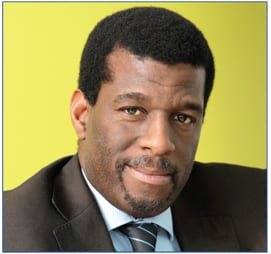We follow the underlying trend which favours high centralisation
Can you give us the key facts and figures about your company?
Our company, which was founded early in the 1930s, now specialises in secure critical digital systems, with five high added value markets: simulation – for example, the Atomic Energy Commission uses our powerful systems to virtually reproduce nuclear explosions, – cloud computing, data centres, facility management and security. Bull’s key clients are in the tertiary sector, with nearly one third of the revenue, ahead of banks and insurance companies. Our turnover, roughly 1.3bn euros, stems from France for about 50% and for about 30% in the other European countries, though the company, with a headcount of about 9,000, is present in fifty countries with a hundred or so subsidiaries. Bull, with a capital of about 400m euros, is listed in section B (mid-caps) of the Euronext Paris stock exchange.
What organisational model does the Treasury follow?
We follow the current underlying trend which favours a high centralisation of operations. All our French subsidiaries as well as the majority of Western European ones are involved in a daily process of automatic centralisation of their cash reserves with the Group’s parent company. The other subsidiaries regularly transfer their available excess cash to the parent company. Moreover, we limit the peripheral flows towards the centre thanks to large scale netting. Centralisation is also the golden rule concerning financing and investments, subject to local regulatory constraints.
What type of funding do you use?
Our corporate funding is ensured by a factoring programme that complies with the balance top-up process. This programme, with an average exposure of about a hundred million euros, is de-consolidated and concerns all of our French trade debt obligations as well as part of our Belgian ones. At the same time we have a loan with a union of five key financial institutions, with a five-year maturity period, which we negotiated in January, 2011. We have used 35 out of the 50m euros that this variable rate loan represents. This loan is not hedged by market operations because of the amount of our investments which naturally serves as a hedge against the risk of higher interest rates.
Did the economic crisis make the cost of guarantees more expensive, something that your profession often uses?
From our point of view, the trend we have seen in the past few years points to price stability, at least if we are talking about countries that are not weathering a critical economic or financial situation.
Sign up for free to read the full article
Register Login with LinkedInAlready have an account?
Login
Download our Free Treasury App for mobile and tablet to read articles – no log in required.
Download Version Download Version

























